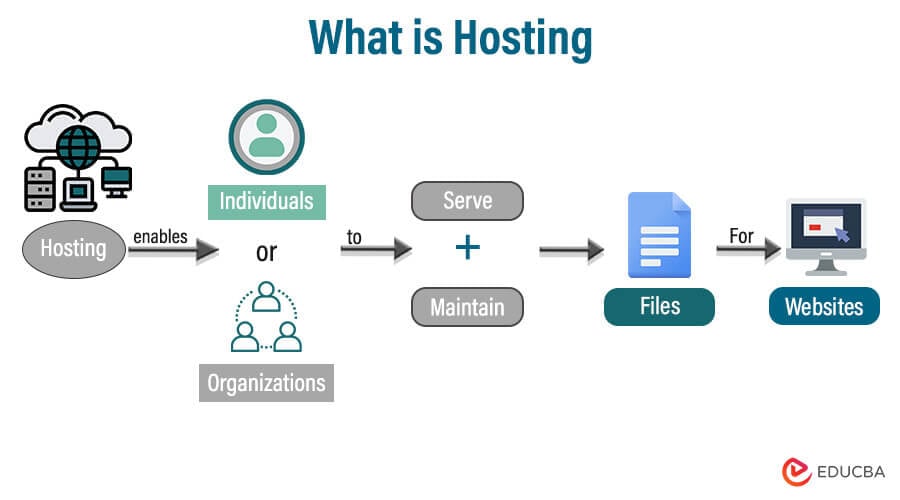Hosting is a crucial aspect of creating and managing a website. It allows individuals and businesses to make their website accessible to the world. Without hosting, a website would not be able to function or reach its intended audience. In this article, we will dive into the basics of hosting and discuss everything you need to know to get started.

What is Hosting?
Hosting is the process of storing and maintaining all the files and data that make up a website on a remote server. When someone types in your website’s domain name, their computer connects to the server where your website is hosted and retrieves the necessary information to display the website on their screen.
There are various types of hosting services available, such as shared hosting, virtual private servers (VPS), dedicated servers, and cloud hosting. Each type has its own benefits and limitations, so it is essential to evaluate your needs before choosing a hosting provider.
How to Use Hosting?
Using hosting is relatively simple. Once you have chosen a hosting provider and signed up for a plan, you will be given access to a control panel. This control panel is where you can manage your website’s files, databases, and other features provided by your hosting provider.
To upload your website’s files to the server, you can use an FTP client or the file manager provided in the control panel. You can also create email accounts, manage domains, and perform other tasks related to your website through the control panel.

Examples of Hosting
Here are some examples of how hosting is used in different scenarios:
Example 1: Personal Blog
Samantha wants to start a blog to share her travel experiences with others. She chooses a shared hosting plan from a reputable hosting provider and sets up her blog using a content management system (CMS) like WordPress. Her hosting plan includes a free domain name, unlimited storage, and easy-to-use tools to manage her blog. This allows Samantha to focus on creating content without having to worry about the technical aspects of hosting.
Example 2: E-commerce Website
John runs a small online business selling handmade jewelry. He needs a reliable and secure hosting solution for his e-commerce website. After researching, he decides on a VPS plan that offers dedicated resources and better security measures. With this type of hosting, John has more control over his website and can customize it according to his business needs.
Comparisons of Hosting
When choosing a hosting provider, there are a few factors to consider. Here are some key comparisons between different types of hosting:
Shared Hosting vs. Dedicated Hosting
Shared hosting is an affordable option where multiple websites share resources on a single server. On the other hand, dedicated hosting provides a dedicated server for a single website. Shared hosting is suitable for small websites with low traffic, while dedicated hosting is ideal for large websites with high traffic volumes.
VPS vs. Cloud Hosting
VPS hosting is similar to shared hosting as multiple websites share a physical server. However, each website has its own virtual space, providing more stability and security compared to shared hosting. Cloud hosting, on the other hand, utilizes a network of servers to host websites, making it highly scalable and flexible.

Advices for Hosting
Here are some tips to keep in mind when choosing a hosting provider:
- Research and compare different hosting plans before making a decision.
- Consider your website’s needs, such as traffic volume, storage space, and security requirements.
- Look for a hosting provider with good customer support and a reliable uptime guarantee.
- Regularly backup your website’s files and databases to prevent any data loss.
Conclusion
In conclusion, hosting is an essential aspect of creating and maintaining a website. It allows businesses and individuals to establish an online presence and reach their target audience. With various types of hosting services available, it is crucial to evaluate your website’s needs and choose a reliable provider that offers the necessary features and support. By understanding the basics of hosting, you can ensure the smooth functioning of your website and provide a seamless experience for your visitors.
Next article: What is Web Cache? Benefits of Using Web Cache


